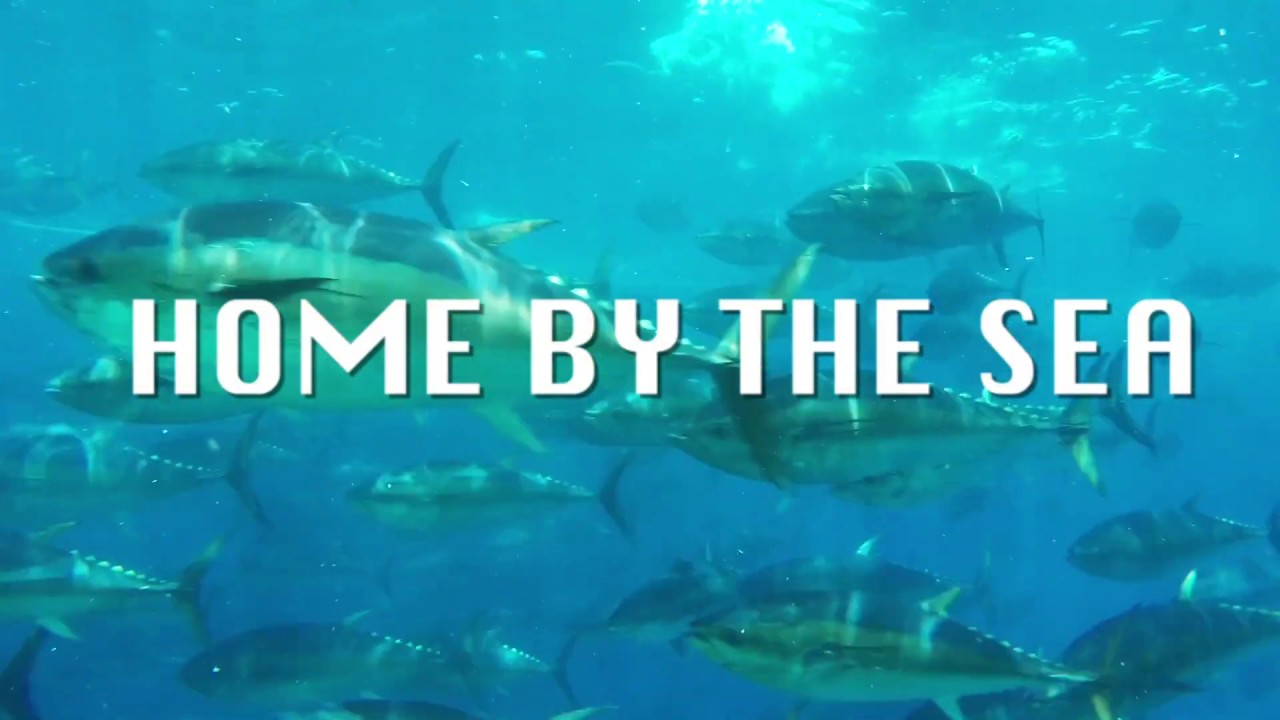
iFish.info - Information Portal about the European Fishing Industry

EU fishing sector demands realism and flexibility in face of the imminent arrival of the "perfect storm"
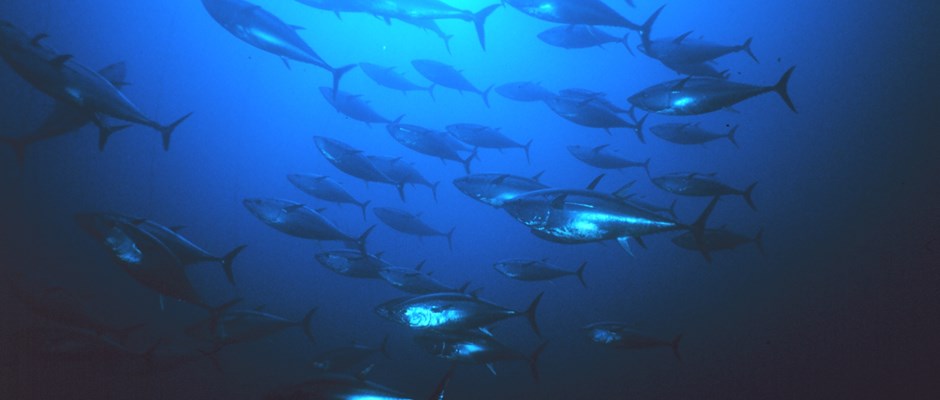
Europêche urges European Commission to remove zero tariff quotas on 22,000 tonnes of tuna loins from South-east Asian countries
Why do we need large scale vessels?
Sectoral Social Dialogue comments on driftnets
Europeche Strengthens its work
Press Releases

European fishing, processing, aquaculture and trading sectors call for urgent corrective action on EU Fisheries Control Regulation
European organisations representing the fishing, fish processing, aquaculture and trading sectors are calling on the European Commission to urgently correct and recalibrate the implementation of the EU Fisheries Control Regulation, including the CATCH IT system. In line with the joint statement submitted by Member States to the Agriculture and Fisheries Council , the sectors urge swift, targeted actions to address provisions that are proving unworkable in practice and that risk undermining safety at sea, legal certainty and the competitiveness of EU operators.

Europêche welcomes Portuguese fleet association ADAPI as new member
Europêche, the leading representative body of the European fishing sector, is pleased to announce the adhesion of ADAPI (Association of Industrial Fishing Shipowners) as its newest member. ADAPI’s adhesion further strengthens Europêche’s broad, inclusive and geographically balanced representation of fishing enterprises across the European Union, ensuring that the interests of the Portuguese fishing fleet are effectively represented in European policy-making.

Europeche welcomes European Economic and Social Committee call for a guaranteed 6.1 billion budget 2028–2034 for fisheries
Europêche, the representative body of the European fishing sector, strongly welcomes the adoption by a large majority of the European Economic and Social Committee (EESC) Opinion calling on EU institutions to secure a minimum and mandatory allocation of €6.1 billion for the implementation of the Common Fisheries Policy (CFP) for the 2028–2034 period.
News
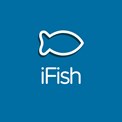
iFish, We Fish
The commercial fisheries of the EU stretch for thousands of square miles, from the inhospitable seas of the Arctic North, to the warmer and more favourable climes of the Southern Mediterranean. These communal waters harbour a plethora of commercial species of fish and shellfish, the landings of which form an integral part of the economies of 23 member countries, accounting for a colossal 4.9 million tonne catch, from a fleet of 87,500 vessels, a statistic that indicates a world ranking of 5th largest in terms of total output.
European Projects
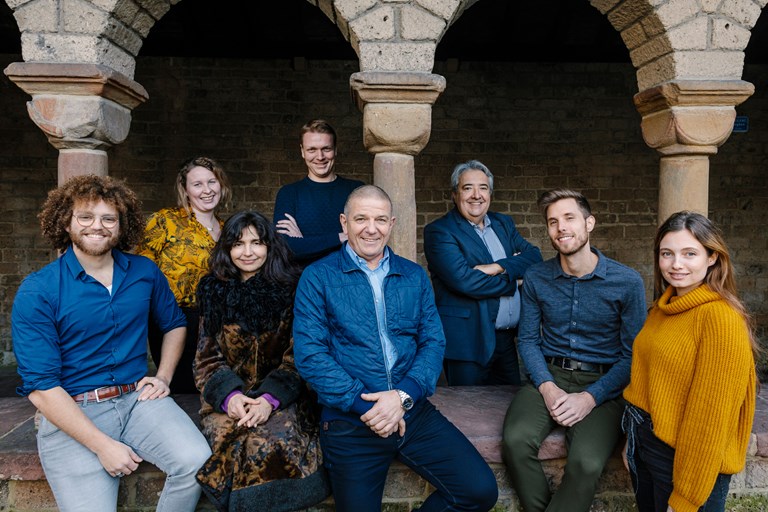
The Catching the Potential Project was officially kicked off on the 28th of May with the project consortium from seven EU Member States. In the course of the next three years, we will work together on the project's goal to develop an European, perhaps international, standard in the field of sustainability training for fishers.
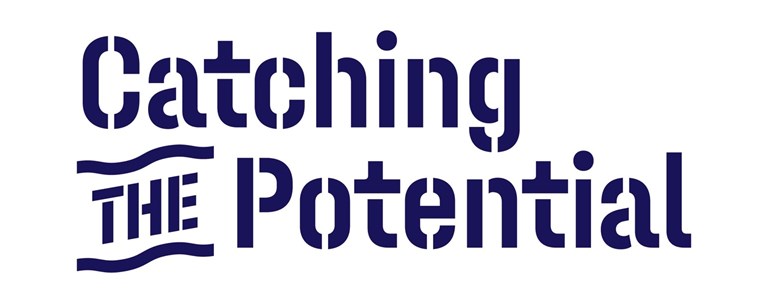
Catching the potential’s ultimate goal is to develop a European standard for sustainable fisheries training. Learn more about the steps of the project.
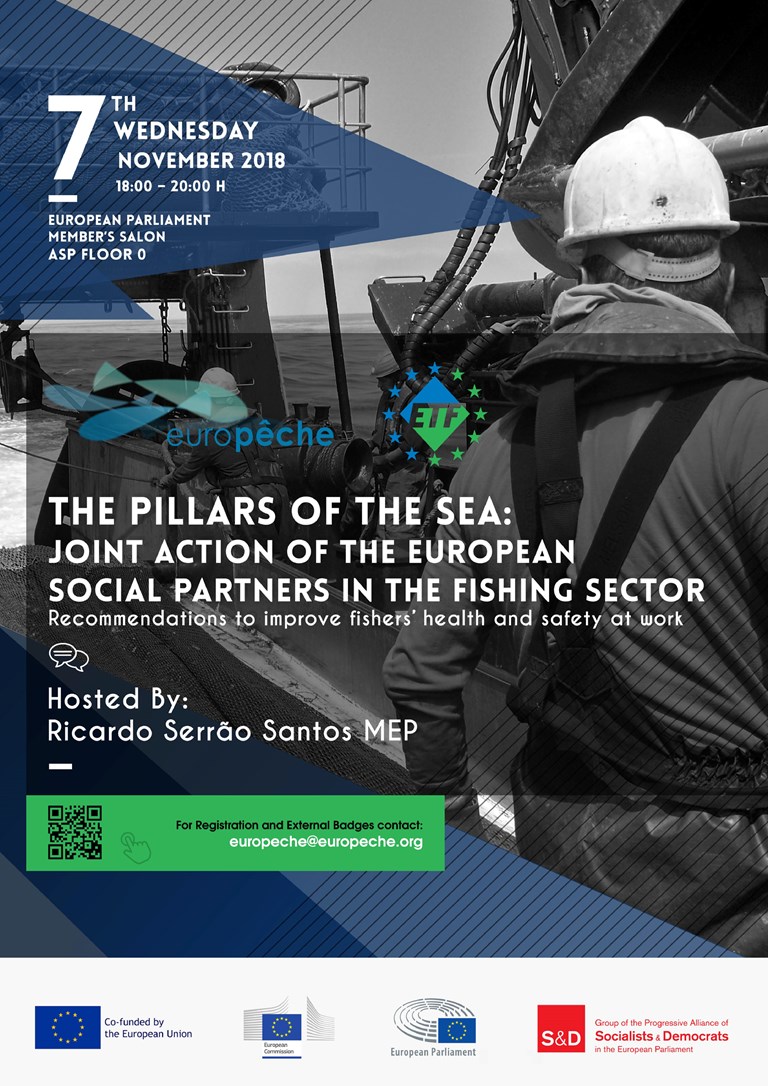
The project as a whole, consists in partially implementing the work programme of the Sectoral Social Dialogue Committee for Sea Fishing in order to significantly make progress in various key areas of interest for Social Partners. The main issues covered by the project are mainly dealing with how to improve health, working conditions and safety at sea of our fishermen.
Home by the Sea -Can fisheries and wind farms co-exist?
Sustainable fishing activities require space as does the development and operation of offshore wind farms. In order to safeguard the future of our seas and oceans, the EU adopted back in 2014 a Directive for maritime and coastal spatial planning urging Member States to ensure that human activities at sea take place in an efficient, safe and sustainable way and reduce users’ conflicts. At the same time, to tackle climate change, EU governments are determined to answer to the EU’s Paris Agreement nationally determined contribution to reduce greenhouse gas emissions by at least 40% by 2030 compared to 1990. For this purpose, some countries are pushing to increase offshore wind power 40-fold by 2030 in Europe.Needless to say, the European wind industry has an ambitious plan, hereby claiming a vast amount of space. Therefore, the question 'Can fisheries and wind farms co-exist?’ is a relevant but complex question which will become more pressing in the near future.
Home by the Sea by Hiske Ridder. www.conpuls.nl
On behalf of and many thanks to: Job Schot, Dirk Kraak and Cor Vonk, www.vissersvoorvrijezee.nl. Julien Theore, Silvain Gallaisl and Olivier Becquet, https://pecheursartisans.com. Bertrand Wendling, https://sathoan.fr. Pim Visser, VisNed.nl. Rosalie Tukker, http://europeche.chil.me.






